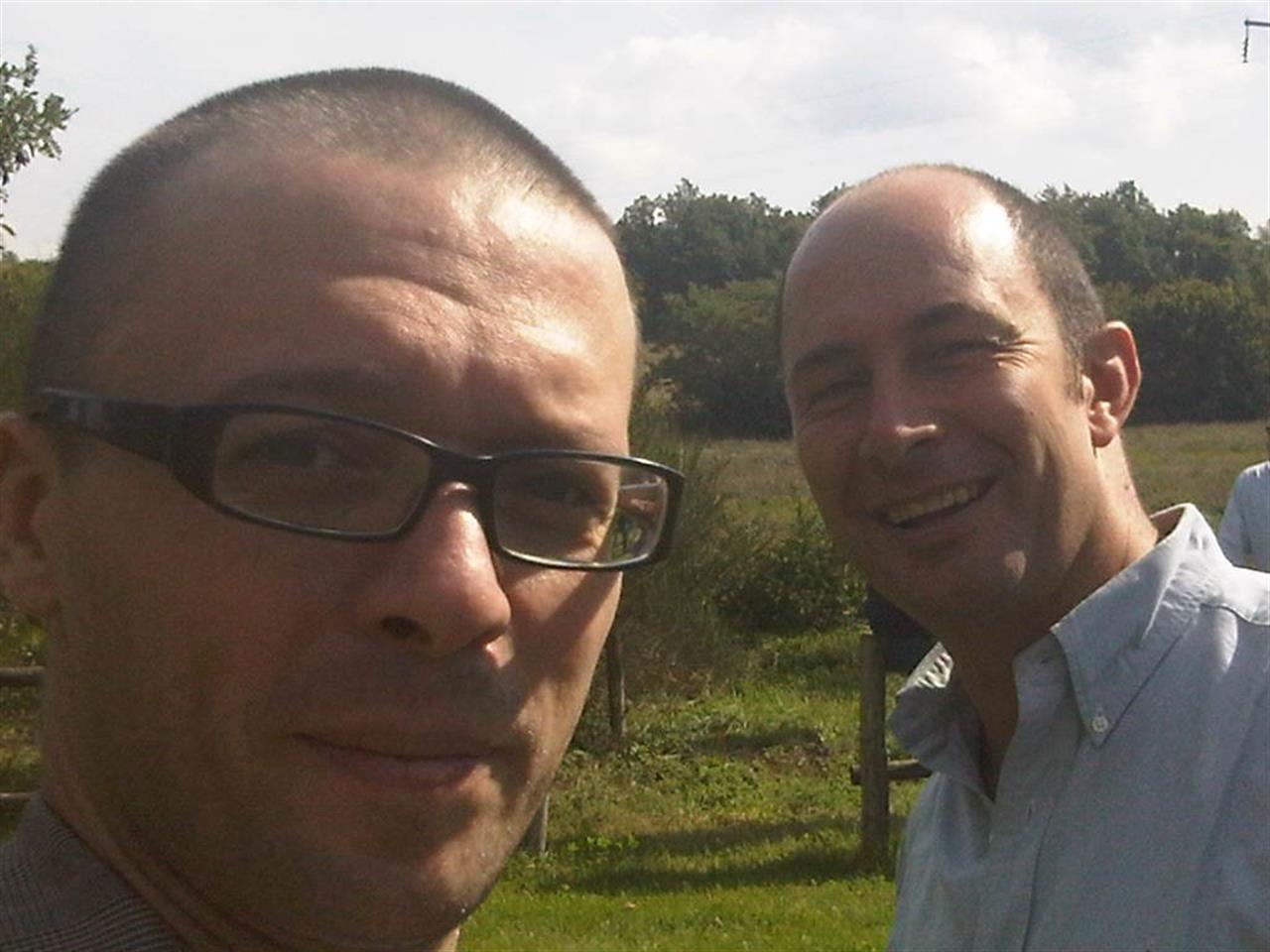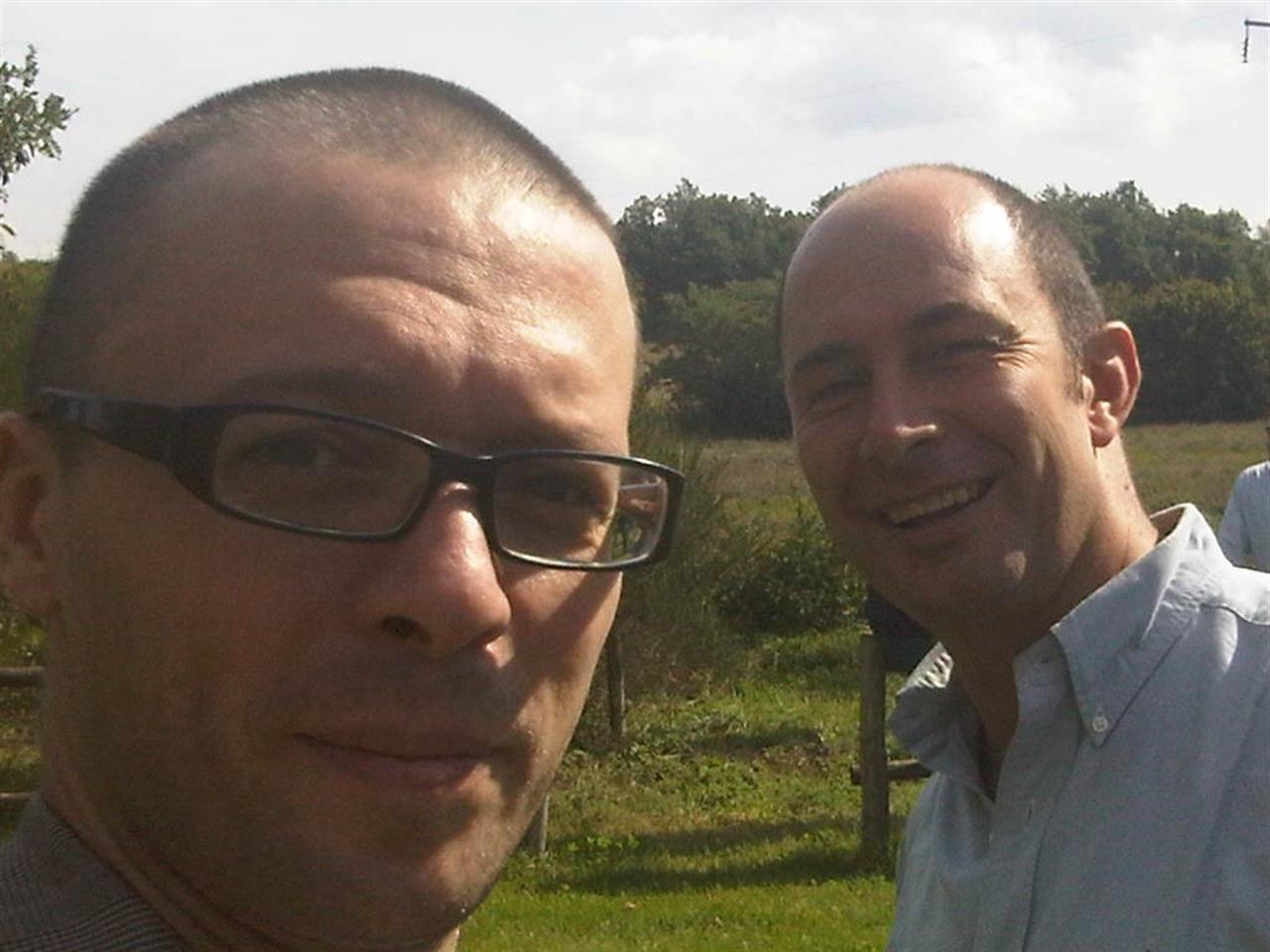
When I spotted the Schwab Foundation – the charitable arm of the World Economic Forum – awarded Marco Roveda as innovative social entrepreneur I realized the Rubicon had been crossed – for non-Latinists the Rubicon ifs the River Caesar crossed declaring war to the Replica of Rome. I love digressions!
Equally the debate about social entrepreneurship has crossed the line. Anybody can be a social entrepreneur as long as he/she claims to be.
I have a different view. It’s not about what about a tag or legal status but your values and their implementation in your daily work. Perhaps social innovation is more an effective way to keep out of the room parasites and amateurs. Shall we switch?
Quite a busy week. I didn’t mean lovely weather in the countryside of Orvieto – Umbria + tasty food and fabulous friends’ palaces. But old fashion trade union’s demonstration in Brussels, Conservative party conference and überexcited Philip Blond twittering at every step he made in it.
I was so busy I couldn’t blog. My readers will punish me. I deserve it and might like it as well.
To cut it short the award to Marco Roveda and the meeting with Giovanni Tordi made me reflect about trends in our sector. On one side, you have an entrepreneur who is known as a green-washer, used sustainable development as a marketing tool horrifying all the NGOs I know including WWF. On the other side, you have Giovanni who is a real business person who has never denied to work in the corporate sector – previously worked in the staff of Profumo CEO Unicredit Bank Group – and is launching a private company dedicated to sustainable development.
When I met Giovanni he told me he wanted to start a social enterprise. I commented that his company was a value-based company rather than a social one. He didn’t hesitate but change wording. He was looking for the correct way to communicate his business.
If there is someone to be awarded is Giovanni not faked social entrepreneurs. Perhaps it’s time to stop using the concept of social entrepreneurship and move to social innovation: a more inclusive concept putting the accept on the results rather than the identity.
Social innovation has an wide explanatory capacity because it can be a product of change-makers who are not entrepreneurs; teams and groups, not only individuals; partnerships and informal networks, not only organisations.
The European Commission has included social innovation in the Innovation Agenda launched on Wednesday. It’s pivotal moment: civil society has been put in the driving seat of the European project. New policies and funding for the enhancement of social innovation will be available. it’s up to us not to miss such an opportunity.
Vuoi accedere all'archivio di VITA?
Con un abbonamento annuale potrai sfogliare più di 50 numeri del nostro magazine, da gennaio 2020 ad oggi: ogni numero una storia sempre attuale. Oltre a tutti i contenuti extra come le newsletter tematiche, i podcast, le infografiche e gli approfondimenti.

